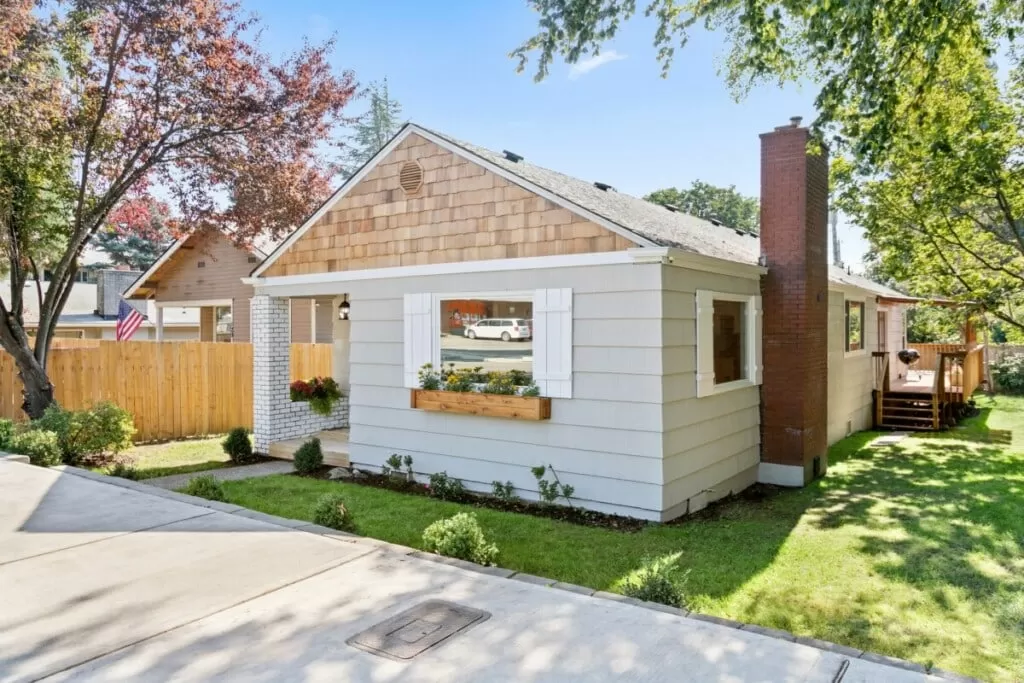The dilemma of whether to rent or to buy a house is a common one that many individuals and families face at some point in their lives. It’s a decision that can have a significant impact on one’s lifestyle and finances. While some may view homeownership as the epitome of the American dream, others see the flexibility and freedom of renting as the better option. So, which is truly the better choice? The answer is not black and white, as it ultimately depends on a variety of factors that are unique to each individual. In this article, we will explore the pros and cons of both renting and buying a house, to help you make an informed decision that suits your specific needs and circumstances.
Pros of Renting
1. Affordability
The most significant advantage of renting is its affordability. Renting a house typically requires a lower upfront cost compared to buying. This is because renters do not have to come up with a down payment and are not responsible for the ongoing maintenance costs of the property. Additionally, renters do not have to worry about property taxes and homeowners insurance, further reducing their monthly expenses.
2. Flexibility
Renting offers a level of flexibility that homeownership simply cannot match. With renting, one can change locations easily and frequently, without having to go through the lengthy and often costly process of selling a home. This is especially beneficial for those who are just starting out in their careers, or for individuals who desire the freedom to travel.
3. No maintenance responsibilities
One of the perks of renting is that the landlord is responsible for any repairs or maintenance needed on the property. This means that renters do not have to worry about the cost and time associated with fixing a leaky roof or a broken appliance. This can be a significant relief for those who are not handy or do not have the financial means to cover unexpected maintenance costs.
Cons of Renting
1. No equity
One of the biggest downsides of renting is that it does not allow for the accumulation of equity. When renting, you are essentially paying someone else’s mortgage, and at the end of the lease, you have nothing to show for it. Homeownership, on the other hand, allows for the building of equity and the potential for financial gain in the long term.
2. Limited personalization
Renting also means limited freedom when it comes to making the space your own. Most landlords have restrictions on making significant changes to the property, limiting one’s ability to personalize and make it feel like a true home. This may not be an issue for some, but for others, the inability to add their own touch may be a dealbreaker.
3. Subject to rent increases
Lastly, renters are at the mercy of their landlords when it comes to rent prices. If the market conditions change, the landlord may decide to increase the rent, leaving the tenant with no choice but to pay the higher amount or find a new place to live. This lack of control over monthly expenses can be a downside for some individuals.
Pros of Buying
1. Building equity
The most significant advantage of homeownership is the ability to build equity. Every mortgage payment made goes towards paying off the principal amount of the loan, allowing homeowners to build equity over time. Additionally, the value of the home may appreciate, providing the potential for a profit when it comes time to sell.
2. Pride of ownership
There is a sense of pride that comes with owning a home. As a homeowner, you have the freedom to make changes and improvements as you see fit, without having to seek permission from a landlord. This can be incredibly satisfying and can help create a sense of community and belonging within the neighborhood.
3. Stability and security
Homeownership also provides stability and security, knowing that you have a permanent place to call home. This is especially beneficial for families with children, as it allows for consistency in their education and social life. Additionally, there is no risk of being forced to move due to a lease ending or a landlord selling the property.
Cons of Buying
1. High upfront costs
Purchasing a home requires a significant upfront cost, with the down payment being the most significant expense. For many individuals, coming up with the necessary funds can be a challenge, making homeownership seem out of reach.
2. Ongoing maintenance costs
While homeownership allows for the building of equity, it also comes with ongoing maintenance costs. Homeowners are responsible for any repairs or upgrades needed on the

